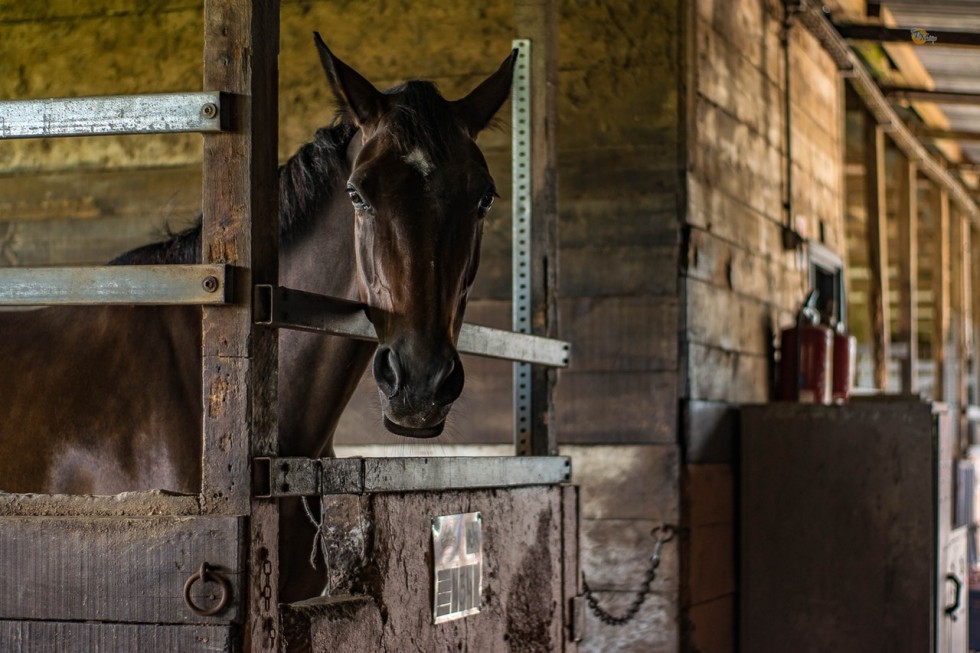Not all horse owners have space and budget to provide their four-legged friend appropriate living conditions. In such cases, horse owners have to look for horse boarding facilities. In this article, you will learn about positive and negative aspects that good barns must have or not. Read on and learn from the mistakes of others to keep your horse happy and healthy.
Horse boarding facilities: outside area
- Fences must be in order and there must be enough space for a daily turnout.
- The area should be guarded and restricted at all times so that your horse won’t be able to run out of the premises.

Horse boarding facilities: living conditions
- Food and water buckets must be clean and cleaned regularly by the staff.
- The stall must be cleaned daily! It must also have sufficient amount of bedding (hay or straw).
- If the climate in your region is harsh, good horse boarding facilities provide heaters for the barn. Should the facility have no heaters, ask if you can provide any to your horse particularly.
- Check the stall for the safety factor. Any screws, nails, and sharp edges should be removed – you don’t want your horse to injure itself. And check the facility for any dangerous electrical wiring as well.
- The barn must be well-ventilated even if the weather is cold. Fresh air is a must!
- Each barn must be supplied with a proper stall lock on the door.
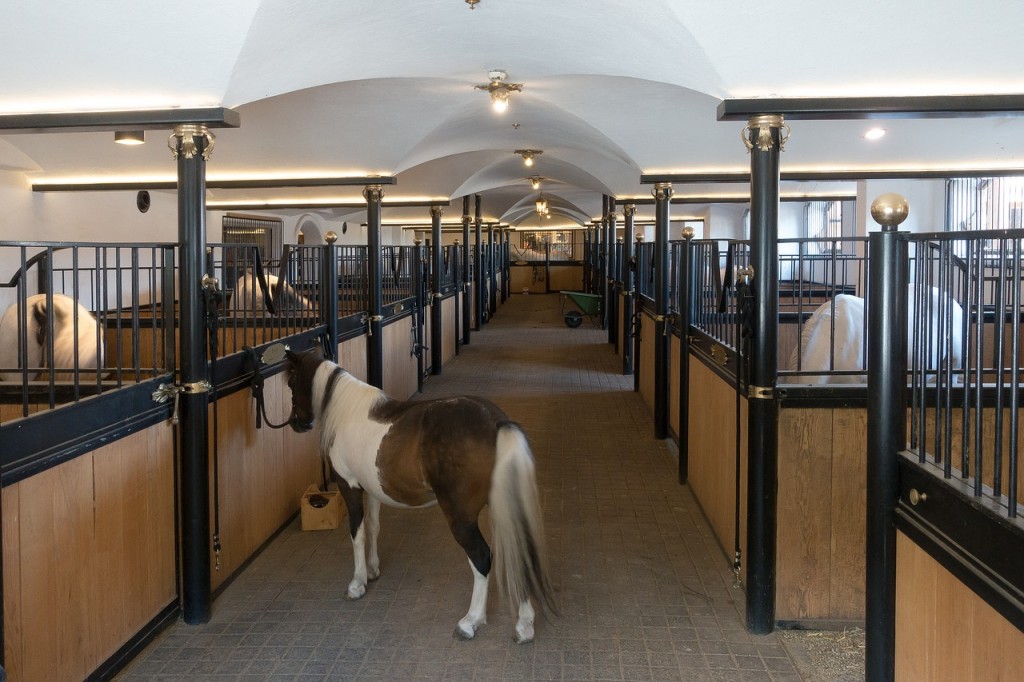
Horse boarding facilities: treatment
- Water supply must always be provided in ample!
- Horse’s diet must be complete (hay, grains, grass, concentrate mixes with vitamins).
- While feeding, the strings should be taken off the bales to avoid ingestion.
- Depending on your preferences and requirements, your horse should receive an adequate turnout that is secure and matched to its program.
- You and your horse should be able to use the facilities (riding arenas, trails, etc.) at the convenient times. Ask if this is the case or if you need to schedule such training.
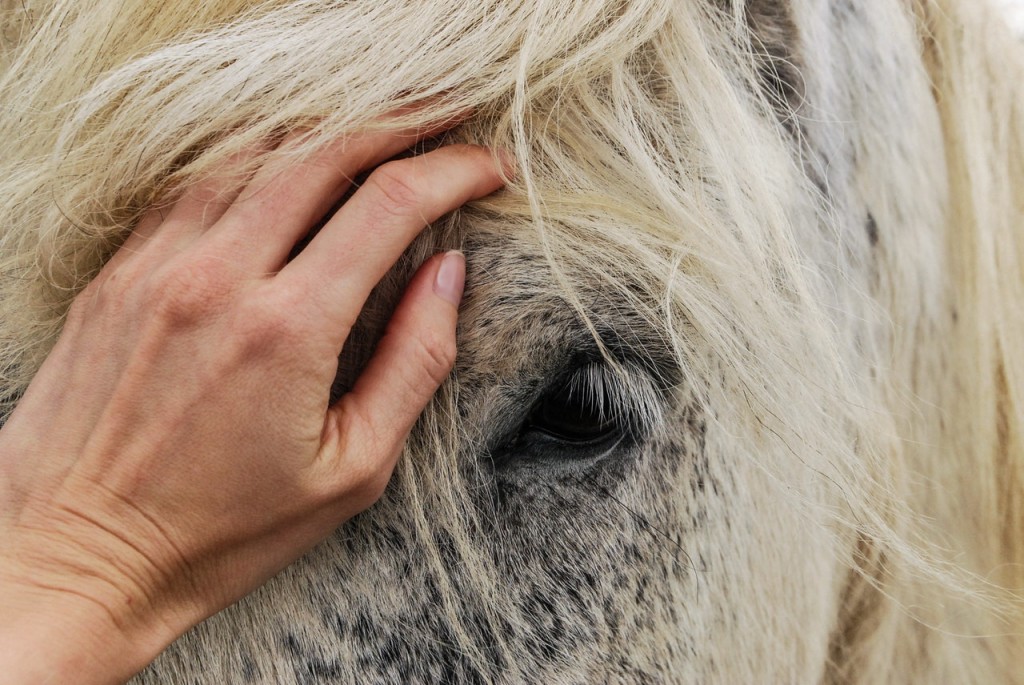
Horse boarding facilities: staff
- Ask and discuss the person who will be responsible for your horse. Always ensure that you interview this particular staff member to ensure that he or she is knowledgeable and skilled enough to take care of your horse. This is important especially for first-time horse owners because you need to have a person who is able and willing to help you.
- Ensure that you meet with the stable manager to see how he or she works. This will give you an idea of how the daily care for your horse will look like.
- All horse boarding facilities must have a vet on board or on speed dial. Ask if the barn manager will contact the veterinarian should you be unreachable and something happens to your horse. Discuss if you leave an urgent number for your horse in particular.
- Discuss the possibility of inviting your own veterinarian onboard. Some horse owners prefer their horse to be examined by only one particular expert and the horse boarding facilities need to agree to such terms.
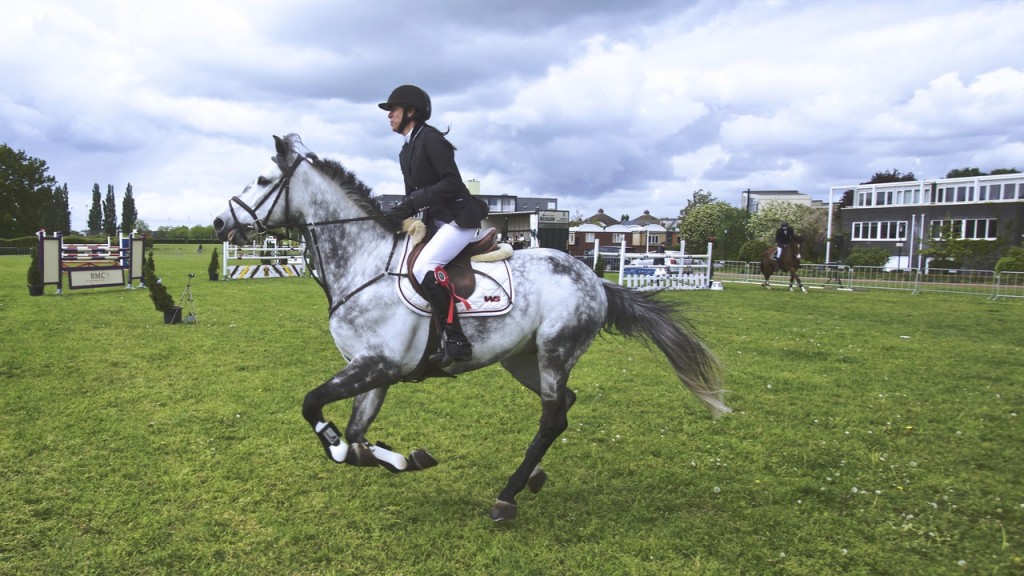
Horse boarding facilities: neighbors
- Make sure that all horses that will be neighboring with your friend are healthy and adequate. Some horses do have changeful character and may be of bad influence. Ensure that you can discuss the possibility of moving if the neighbors will not be acceptable.
- Ask about the “isolation ward” for sick animals. Demand guarantees that sick animals are detained so they can’t infect your own horse.
- Pay attention to the appearance of the neighboring horses. If you see open wounds, not trimmed feet, and generally neglected horse, then it’s a bad sign.
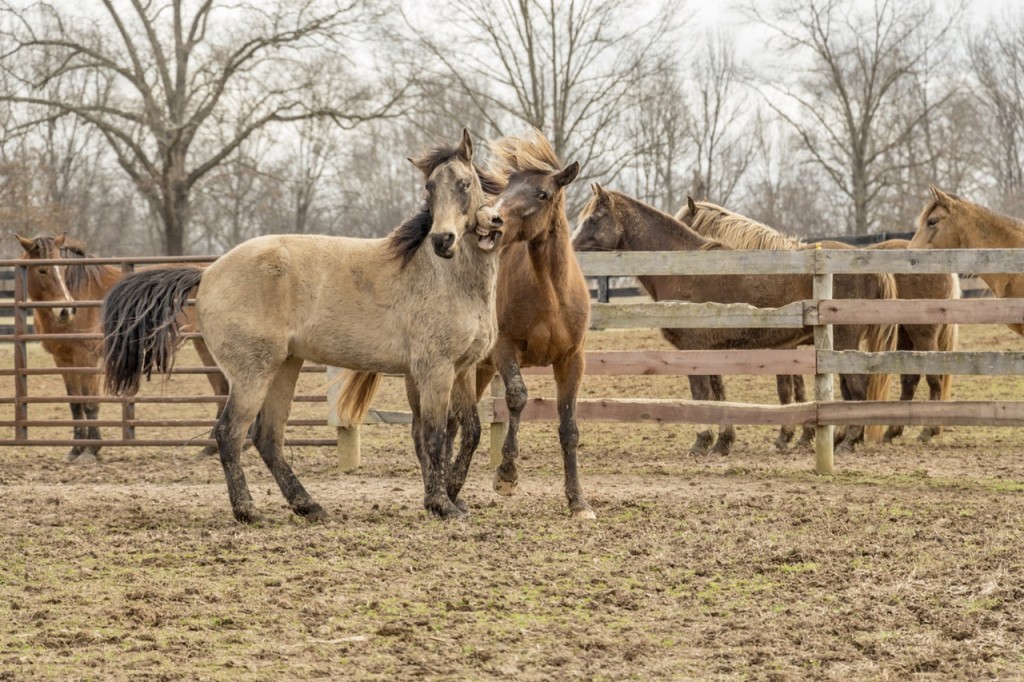
All the above-mentioned points can be spotted during your visit to horse boarding centers. You only need to look around at other horses and also negotiate your deal with the stalls manager. Keep in mind that fanciness of a facility is useless if its service leaves much to be desired. Remember, that if you see a neglected horse and ask the manager if the owner cares about is or her horse and get the answer “not your horse, not your problem” then run away from that barn and call the police reporting cruelty to animals.
